How to make money from a VPN
There has never been a better time to brand your own VPN
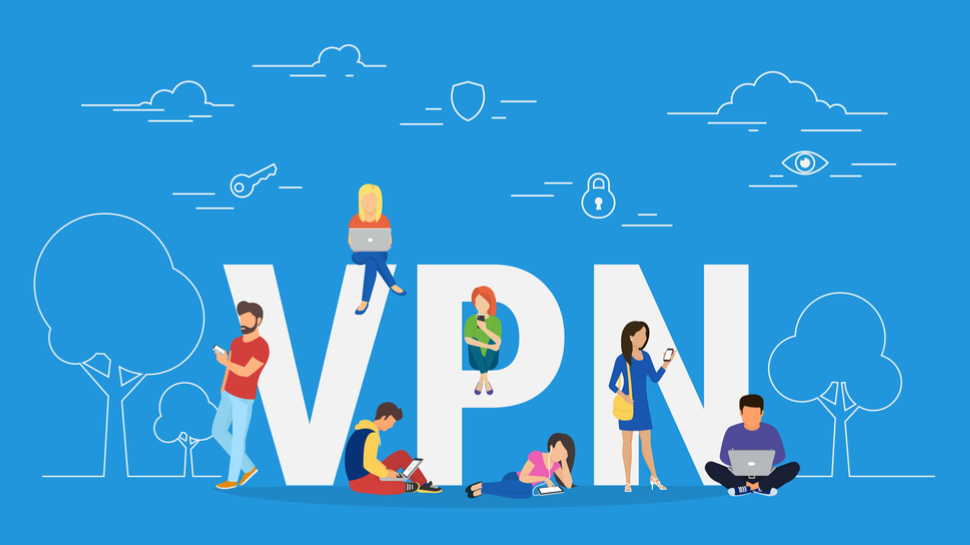
Virtual Private Networks or VPNs are quickly growing in popularity, particularly in countries like the UK and Australia where internet freedoms are beginning to be stepped on by paranoid governments. That means the market is growing, and you’re in the perfect position to take a chunk of it – even if you don’t yet have the equipment to do so yourself.
There are a host of services worldwide which offer potential connections in bulk rather than selling to the little guy. If you’re willing to put the money in for a big chunk of network bandwidth, you can resell it to individual users and use the profits to pad your own bank balance. It’s not going to be easy, and you’ll need some capital, business acumen and marketing effort to see a good return on that investment. But as we’ll discover, you’re not short on options.
- Popular provider ups security with new encryption tool
- Another browser is offering a free VPN - but with a catch
- ExpressVPN ups simultaneous VPN connections to five
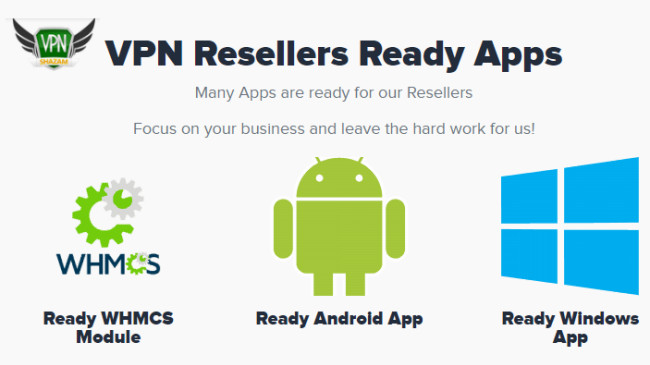
1. Find a provider
There’s loads of choice – and a variety of pricing – in the VPN reseller world. If you’re just getting started, take a look at VPNShazam. It's a basic service, but prices are low, and the network specs are good, with support for all major protocols (PPTP, L2TP, SSTP, IKEv2, OpenVPN, over 1,800 servers, 140 countries and more than 300,000 IPs. It costs only $49 to get started, and VPNShazam's back end can automatically create new accounts for you, keeping admin hassles for a minimum.
Whether you go for VPNShazam or competitors like RapidVPN, Hide.me, or NordVPN - the list goes on and on – the most important thing to look for as a reseller is the ability to completely re-label whatever services you’re getting to your own brand. If someone spots that you’re actively reselling another company’s backend, they’re likely to head straight to the source unless you’re offering a very good deal.
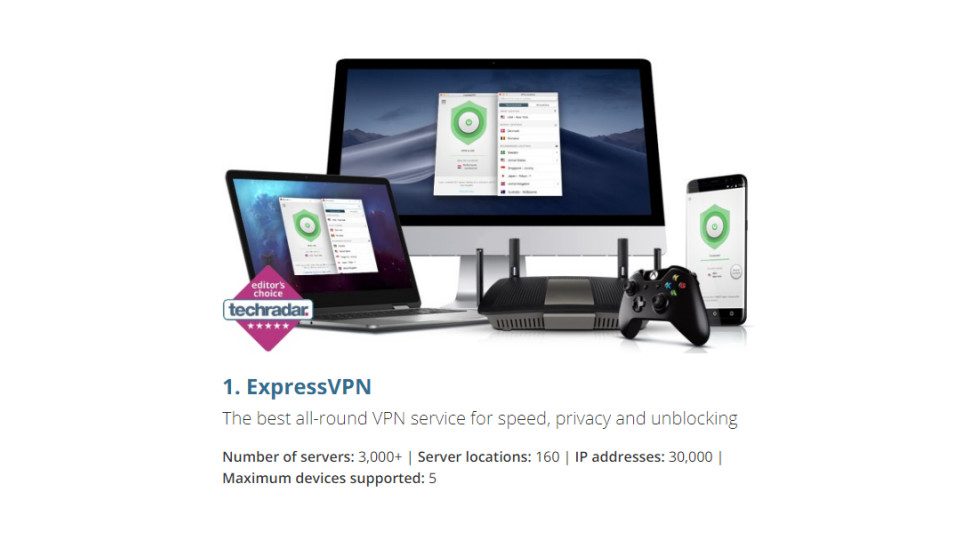
2. Set your price
The price you put on your service is going to be highly dependent on the price you’re paying for provision in the first place, but you’re working in an ever-more crowded market, so you’re going to have to make sure you’re at least competitive with other resellers. You might achieve this by skimping on your provider, or you might attract more customers with a more fully-featured service. The choice is up to you; we’d lean more towards the latter, though.
If you need a guide as to where your projected price/service balance is going to sit, head over to our Best VPN guide to see our pick of leading providers. Pick your closest competitor in terms of provision, and undercut them as far as your overheads will allow.
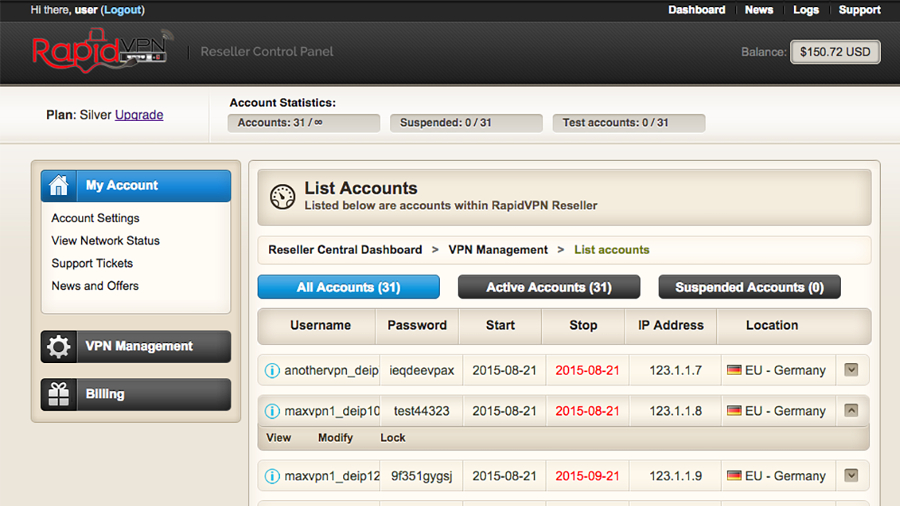
3. Be on hand
Your provider may offer a comprehensive technical support package, but that’s likely to be for you rather than for your customers. That means you’re going to be the one liable for any issues users might be having – make sure you duplicate any documentation that’s available, and provide new signups with comprehensive instructions to reduce any potential hassle.
Are you a pro? Subscribe to our newsletter
Sign up to the TechRadar Pro newsletter to get all the top news, opinion, features and guidance your business needs to succeed!
Registering newcomers will also be your responsibility, so if possible scope out the backend facilities offered by your potential wholesaler before firmly committing. Some are absolutely brilliant, allowing you to manage passwords, usernames and access levels quickly and easily; others are a brutal exercise in futility. In an ideal world you’ll be using these management tools multiple times a day, so it pays to make sure you’re getting the right interface for you.
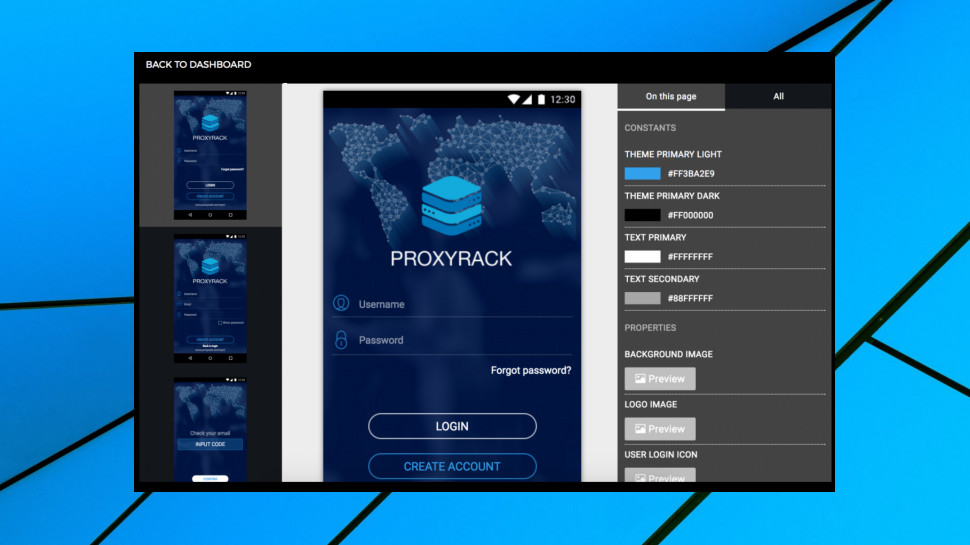
4. Brand, brand, brand
We’ve mentioned branding briefly, but let’s make this clear: you might not be providing the infrastructure, but you’re providing the service. Your brand, essentially, is your business here. So make sure you’re putting on a professional front, customising whatever tools are available to you with your company’s branding.
Any good provider worth its salt (Proxyrack is pictured above) will provide you with white-labelled tools ready to alter – from computer-based diallers through web-based signup forms to mobile apps. This customisation may even extend beyond putting your own label on things, so you may be able to configure the options available to your users, providing a more simplified or complex service depending on the philosophy behind your branding.
Ensure you invest in a proper logo and perhaps some bespoke design work. Build a proper website, too, with a memorable, short domain name, because it both helps customers return to your site and helps those same customers recommend your service to friends.
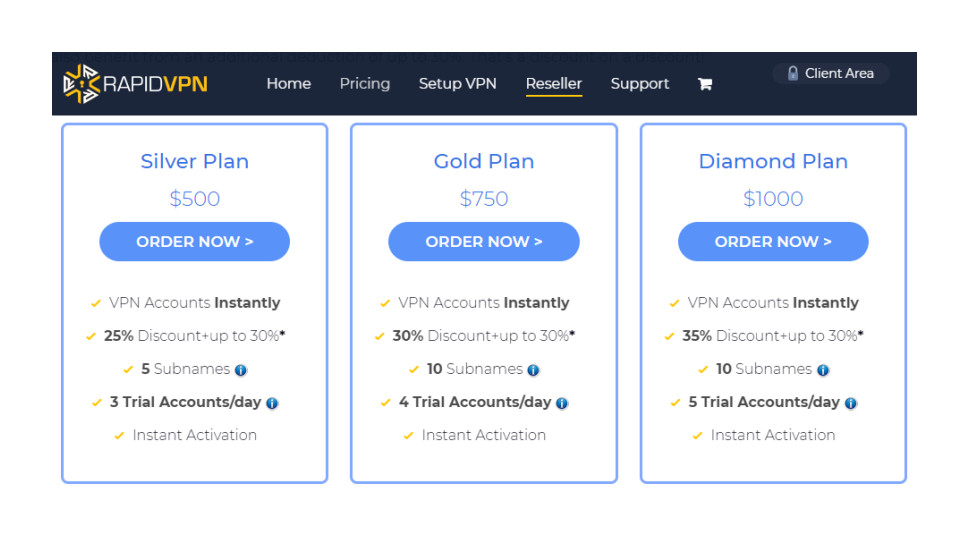
5. Watch the fees
Wholesale fees tend to vary wildly between providers, so be sure to check them out – you may have to make direct contact with a company representative to find out what you’ll be paying, as they’re often not listed on white label websites. Keep a sharp eye out for potential money sinks while you’re shopping around – there’s likely to be a division between royalties and set fees, which could see your service become prohibitively expensive as it becomes more popular, and vice versa.
We’d suggest you avoid royalty-based schemes wherever possible. Yes, setup costs are likely to be higher if you’re paying a higher per-user fee, but if your VPN service grows to a reasonable size – or if you’re tacking it onto an existing web business – sharing a wedge of your profits may hurt somewhat. That said, do the maths – your provider may offer a royalty-based scheme that turns out cheaper in the long run, particularly if you’re not looking to scale your user base up.
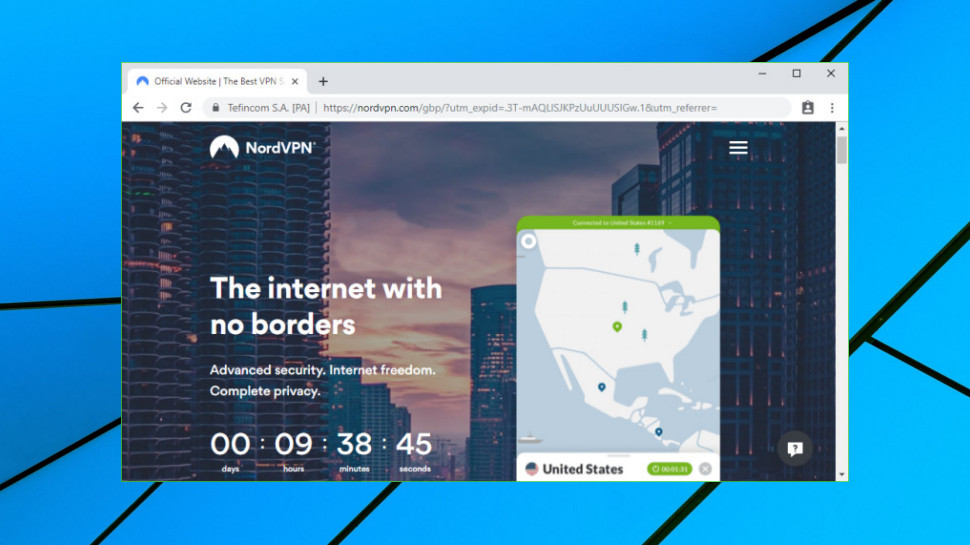
6. Affiliate programs
If you have a decent online presence and don’t have the inclination to start managing a cabal of needy users, maybe you don’t have to run a VPN at all. There are VPN services which offer very good commission simply on sales of their wares. You’ll need to host an ad or two and, potentially, directly shill to your audience, but if it’s the right audience – or if you’re the tech expert in your circles, advising those who don’t wish to have their traffic tracked by the government – there could be a decent return in it for you.
To give one example, top provider NordVPN offers 100% commission on monthly subscriptions, 40% on everything else and 30% on renewals. While this won't make you piles of cash - you'll earn something like $2.80 per month on year one of an annual subscription - it could be a nice earner if you don’t mind selling it hard.
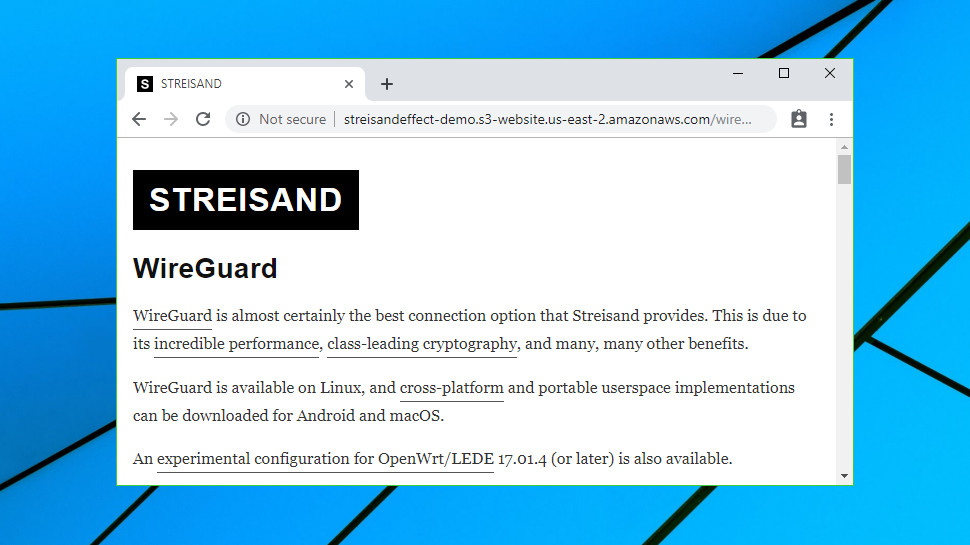
7. Do it yourself
If you're the independent type, you've got a little technical knowledge, and you really want to make your name in the VPN world, then maybe you should forget other providers and start up a VPN of your own. Okay, so becoming a world-beater isn't going to be easy, but it's surprising just how much a VPN newbie can achieve.
You won't have to buy your own dedicated servers, for instance-- a dirt-cheap cloud hosting package is enough to get you started. You don't even need to have any detailed knowledge of how to set things up. The open-source Streisand Effect is handy tool which simplifies the process of creating servers running OpenVPN, WireGuard, Shadowsocks, Stunnel and more. It supports cloud providers including Amazon Web Services (AWS), Digital Ocean and Google Compute Engine (GCE), maybe allowing you to get started for free, and when it's done, sets up the server with instructions on how to use it (a demo site is here).
This isn't going to be a great setup, obviously. You'll need to install third-party clients, speeds are likely to be poor, you're on your own if anything goes wrong. But it may be good enough for simple tasks, you can share it with friends and family, and even if it doesn't earn you much money, it might help save you some.
- We've also highlighted the best VPN services of 2019